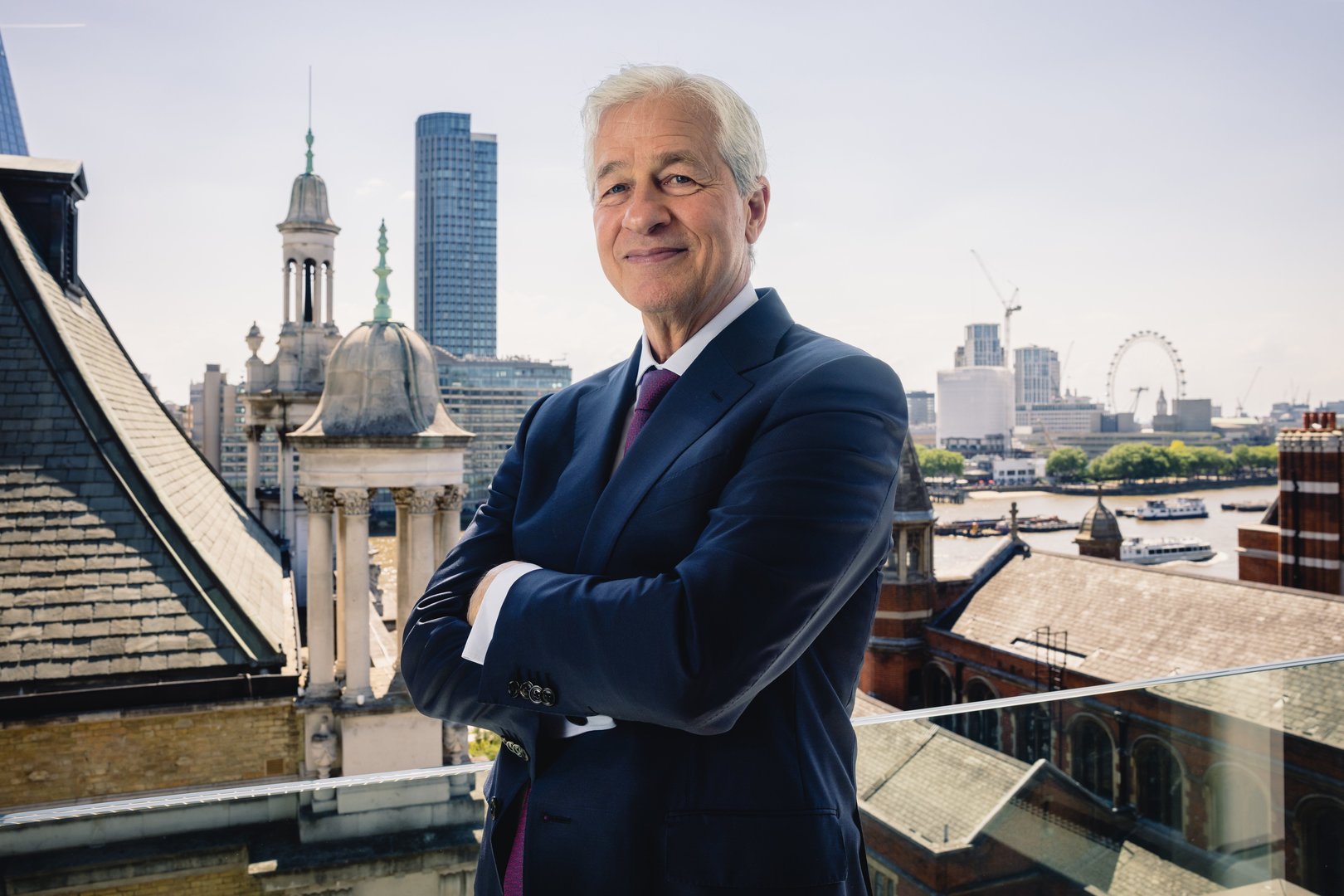
JPMorgan Approves London Tower After UK Government Reassurances
Bank’s chief Jamie Dimon backs plan for 3 million-square-foot Canary Wharf headquarters following high-level UK outreach
JPMorgan Chase’s chief executive has approved a plan to build a new 3 million-square-foot office tower in London’s Canary Wharf district after receiving formal assurances from senior UK government envoys about the country’s pro-business stance.
The decision follows a high-profile visit by a senior adviser to the UK prime minister to New York, who met with JPMorgan’s leadership to reassure the bank that the government remains committed to a stable, growth-oriented economic and regulatory environment.
The commitment came just ahead of a budget announcement that included significant tax hikes for many sectors — but notably avoided raising the bank levy or imposing additional taxes on financial institutions.
The proposed tower would be built on the bank’s long-held Riverside South site next to the Thames.
Once completed, it would become JPMorgan’s largest office in Europe, the Middle East and Africa (EMEA), and among the biggest office buildings in Europe by floor space.
The bank expects the project to contribute nearly £9.9 billion to the UK economy over six years and create thousands of jobs.
JPMorgan had been evaluating several options for its UK headquarters in recent years, driven by staff expansion and growing demand for office space after a return-to-office mandate.
Its existing tower in Canary Wharf, along with leased overflow space, had become insufficient for its expanding workforce.
The new headquarters is also seen as a vote of confidence in London’s role as a global financial hub, reinforcing the city’s appeal to major international investors.
JPMorgan emphasized that the investment depends on a continuing business-friendly environment in the UK, underscoring the importance of government policy in corporate real-estate decisions.
The bank’s announcement comes just months after it opened a new state-of-the-art global headquarters in New York, signalling that JPMorgan remains committed to expanding its footprint in major financial capitals.
If built, the London tower could house up to 12,000 of the bank’s employees, marking a major expansion in its European operations.
The move may strengthen London’s position in global finance at a time when firms continue to re-evaluate their post-pandemic structure and occupancy patterns.
It also highlights how regulatory clarity and governmental support — rather than lower taxes alone — can influence major investment decisions.
The decision follows a high-profile visit by a senior adviser to the UK prime minister to New York, who met with JPMorgan’s leadership to reassure the bank that the government remains committed to a stable, growth-oriented economic and regulatory environment.
The commitment came just ahead of a budget announcement that included significant tax hikes for many sectors — but notably avoided raising the bank levy or imposing additional taxes on financial institutions.
The proposed tower would be built on the bank’s long-held Riverside South site next to the Thames.
Once completed, it would become JPMorgan’s largest office in Europe, the Middle East and Africa (EMEA), and among the biggest office buildings in Europe by floor space.
The bank expects the project to contribute nearly £9.9 billion to the UK economy over six years and create thousands of jobs.
JPMorgan had been evaluating several options for its UK headquarters in recent years, driven by staff expansion and growing demand for office space after a return-to-office mandate.
Its existing tower in Canary Wharf, along with leased overflow space, had become insufficient for its expanding workforce.
The new headquarters is also seen as a vote of confidence in London’s role as a global financial hub, reinforcing the city’s appeal to major international investors.
JPMorgan emphasized that the investment depends on a continuing business-friendly environment in the UK, underscoring the importance of government policy in corporate real-estate decisions.
The bank’s announcement comes just months after it opened a new state-of-the-art global headquarters in New York, signalling that JPMorgan remains committed to expanding its footprint in major financial capitals.
If built, the London tower could house up to 12,000 of the bank’s employees, marking a major expansion in its European operations.
The move may strengthen London’s position in global finance at a time when firms continue to re-evaluate their post-pandemic structure and occupancy patterns.
It also highlights how regulatory clarity and governmental support — rather than lower taxes alone — can influence major investment decisions.









